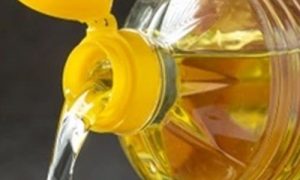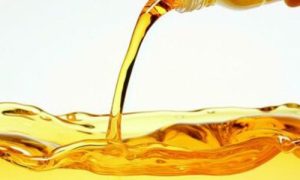KAM seeks to ringfence VAT refunds

Kenyan manufacturers, represented by the Kenya Association of Manufacturers (KAM), propose ring-fencing VAT refunds to Parliament, aiming to improve cash flow. They suggest creating a fund under the Public Finance Management Act for direct VAT refunds. This measure could speed up the process and reduce the Kenya Revenue Authority’s burden. KAM also recommends lower VAT rates, tax exemptions for industrial inputs, and specific tax remittance dates to enhance Kenya’s business environment and competitiveness.
Kenyan manufacturers have submitted a proposal to Parliament advocating for the ring-fencing of all Value Added Tax (VAT) refunds.
This initiative aims to enhance the refund process’s efficiency and alleviate manufacturers’ cash flow constraints.
Speaking on behalf of the manufacturers, the Kenya Association of Manufacturers (KAM) noted that delays in VAT refunds significantly impact manufacturers, especially those dependent on imported raw materials and goods for processing and investment Miriam Bomet, KAM Deputy Head of Policy Research and LegalAdvocacy, noted that these delays disrupt cash flow and liquidity,affecting overall business operations.
“To resolve this issue, we propose creating a fund under thePublic Finance Management (PFM) Act, which would ensure that VAT refund money is directly paid back to the affected companies,”Bomet stated.
The proposal involves establishing a dedicated fund for VATrefunds, potentially speeding up the refund process and improving business cash flow. Additionally, this measure could reduce theburden on the Kenya Revenue Authority (KRA) regarding refundprocessing.
Under the VAT refund regime, manufacturers can currently offsetthe costs of raw materials, intermediate products, and other inputs.However, the offset amount is transferred to a consolidated fund instead of receiving a direct refund. KRA is then responsible forreallocating this money back to the manufacturers, often causingdelays between the payment of VAT and receipt of the refund.
Bomet emphasized that without proper structures and systems toensure prompt refunds, the government’s inability to allocate fundsfor VAT refunds would continue to be a recurring issue.
The problemhas been longstanding, with total claims for tax refunds in the last10 months reaching an estimated Sh16 billion, comprising Sh2.75billion in income tax and Sh13.58 billion in VAT.
KAM has also made several other proposals regarding the FinanceBill, 2024, aimed at creating a more favourable business environmentfor manufacturers in Kenya.
They havesuggested the introduction of a lower VAT rate for manufactured goodsto replace the current VAT exemption, which they believe would helpreduce the cost of finished goods.
KAM also proposed that plantand machinery should be VAT exempt.Inaddition, the lobby has advocated for the removal of all taxes andlevies on industrial inputs; proposed that all taxes and leviescharged on goods manufactured for export should be claimable, refundable, offset, or exempt.
To furtherenhance Kenya’s competitiveness, KAM has suggested the introductionof an offsetting mechanism, such as remission, on duties and leviesimposed on industrial inputs. This includes excise duty and theExport and Investment Promotion Levy.KAM has also recommended specific dates for the remittance ofvarious taxes and statutory deductions, namely the 9th, 20th, and30th of every month. They have also proposed that any levies, fees,and charges introduced through the Finance Bill should be supportedby an impact assessment study.
Source Link : https://www.pd.co.ke/business/kam-seeks-to-ringfence-vat-refunds-236758/















